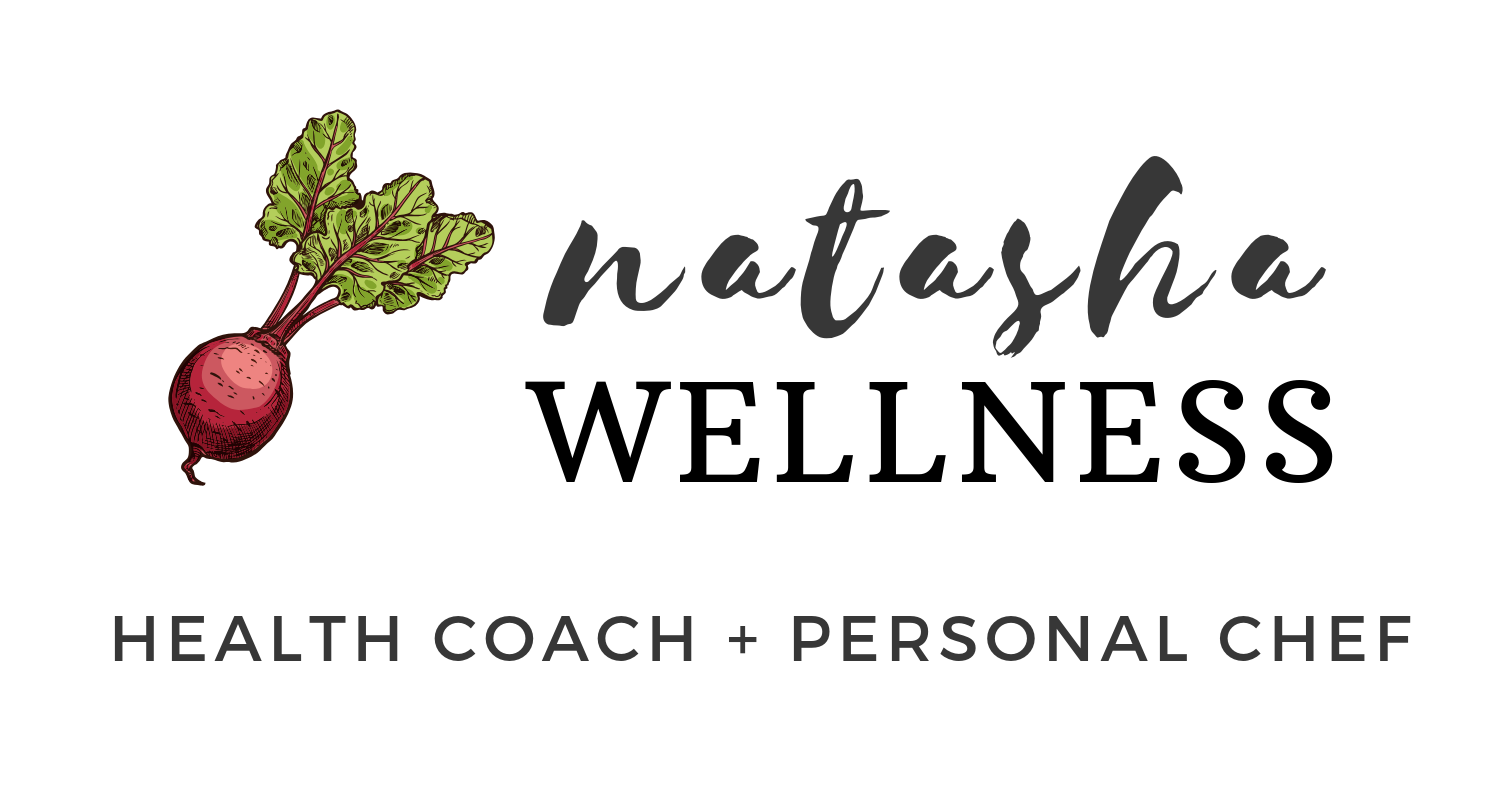Hi Friends! Today we have a blog post by a special guest blogger named Sheila from www.fitsheila.com. She wanted to share some tips with my lovely readers on balancing life and self-care. You KNOW self-care is my cup of tea but for so many of us it can be hard to actually implement self-care practices when we have so much going on. Yes, I know you're busy. Yes, I know work is crazy. Yes, I know you might have kids and I don't so I don't get it. But listen up - if you don't practice self-care aka caring about yourself, you won't be as fun to be around, as big of a boon to your family and friends, or as involved in your community/work. My challenge for you is to do one thing this week that makes you happy. ONE THING. Bonus points if you do this one thing everyday for 7 days. Lately I'm getting back into abhyanga or self-massage because I can hear my body needing the nourishment from oil and touch. So I'll be doing 5-10 minutes of that everyday. What can you do? Leave it in the comments below! When you write it down it becomes more real. So post it, and do it.
XO
Natasha
4 ways to balance life + self-care
It can sometimes be a struggle to find balance in our lives between our commitments to others and our commitments to ourselves. Getting to that middle ground is what self-care means. From our boss’s deadlines to making sure we get to Spin class on time, checking tasks off the to-do list shouldn’t come at the expense of our physical and mental health. If you need help balancing your fitness routine with overall self-care, these four tips can help boost your general sense of well-being.
Get Good Sleep: You need 7-9 hours of uninterrupted quality sleep to perform as your best self. If you are uncomfortable in your own bed, check out your mattress and pillows. Explore different shapes, materials, firmness and even cultures. As Americans, we often load up our beds with a variety of pillows, but some cultures take a very different approach to sleep health. Take the Japanese, for example. Many sleep with one oblong pillow under the neck. If comfort isn’t an issue, then you may find that a white noise machine can help lull you to sleep, or blackout curtains can block excess light that is creeping in on your ZZZs.
Make a Meditation Routine: When you are feeling stressed, what do you do? Keep a log for a few weeks every time you feel frustrated, stressed or upset, and be sure to document what happened before, during and after those moments. What you’re doing is starting a pattern of mindfulness—being aware of why you think, feel and act the way you do in the moment. Successful mindfulness often works in partnership with meditation. Once you’ve begun to realize the pattern of distress, practice techniques to let go of the stress. In your office, you can close your eyes and take 10 deep, slow breaths; in public, you can put in your earbuds and listen to a meditation app on your smartphone; and in your home, you can create a soothing meditation space. Creating a regular meditation practice isn’t just a benefit to self-care, but can improve your overall sense of well-being. Add some pillows and candles, and remove clutter and distractions in a spare room or an open corner away from the commotion of the house. Choose a spot with a soothing view or where you can hang a comforting picture or inspiring mantra.
Pick Up a Hobby: Self-care starts with a focus on activities that improve mood, self-esteem and a sense of purpose. That’s why hobbies are a vital component to self-care, especially ones that sooth the mind and relax the body. Do you have a close friend with a birthday a few months away, or one with a new baby on the way? Try your hand at knitting. The internet has thousands of free tutorial videos, or you can take a class at your local fabric store. Do you need to zone out after work but also want to tap into your creative side? Pick up a pack of crayons and an adult coloring book. You can cultivate a state of creative relaxation by coloring zen-inducing mandalas and landscapes.
Destress Exercise: Exercise is important for a healthy life—now and in the future. In fact, the Department of Health and Human Services recommends 75 minutes of vigorous activity (where you sweat a lot and it’s difficult to have a conversation) and 150 minutes of moderate activity each week. Sometimes, however, we become so fitness focused—especially in our American culture that is fixated on appearance—that exercise stops helping self-care and starts hurting it. Ways to avoid this include making fitness a part of your regular activities, like taking the stairs, parking in the back of the parking lot, or riding your bike to work. You can also make time to exercise with friends, like jogging together in the evenings or taking a dance class on the weekend. Friendship is another important component to finding balance in our lives. Making exercise a social outlet is just another way to boost self-care.
Self-care isn’t just important for your own well-being; it helps you care more deeply for others, too. We’ve all experienced times when our partners, children or friends need us and we are simply too tapped out emotionally, mentally or physically to be fully present. If self-care is a daily routine, you’ll have not only more time for love and compassion for yourself, but for others as well.
Still struggling to implement self-care into your daily practice? Click here to schedule a free 30 minutes consultation with me and we can come with a plan together. No strings attached!
Until next time.

